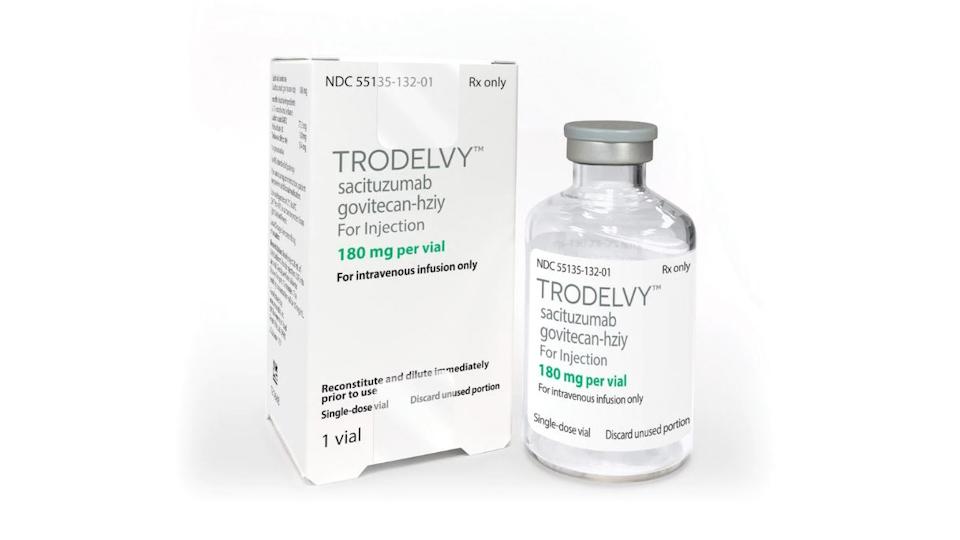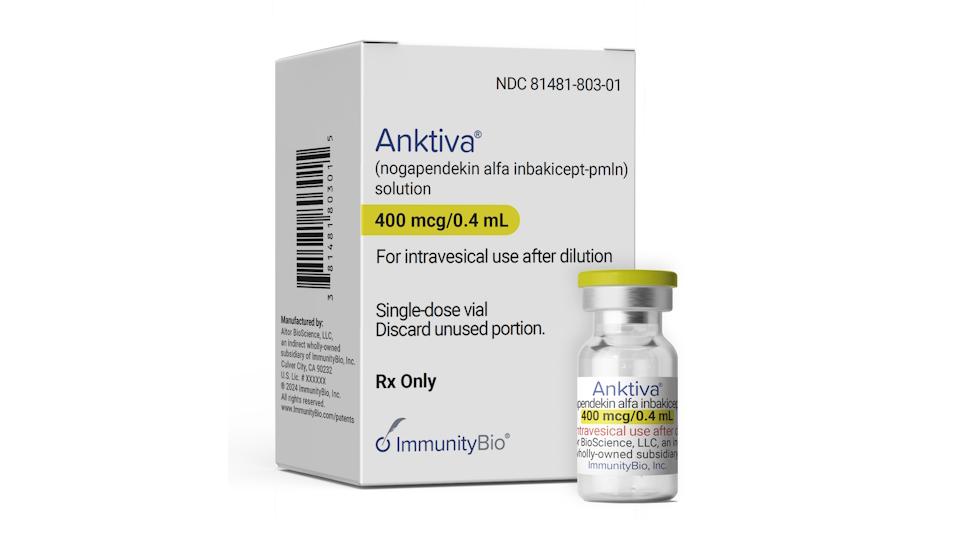Gilead’s Trodelvy woes rise with failed bladder cancer trial

Gilead Sciences' TROP2-directed drug Trodelvy has missed the target in another clinical trial, this time in urothelial carcinoma, the most common form of bladder cancer.
The results of the TROPiCS-04 study compared Trodelvy (sacituzumab govitecan) to chemotherapy as second-line treatment for patients with locally advanced or metastatic UC previously treated with chemo and immunotherapy with PD-1/PD-L1 inhibitors.
The top-line result is that Gilead’s antibody-drug conjugate (ADC) performed no better than chemo at extending patients’ lives – a worrying result for Gilead, as TROPiCS-04 was the confirmatory study designed to upgrade Trodelvy’s accelerated approval in previously-treated UC, which was granted by the FDA in 2021.
There were also more deaths due to adverse events with the drug compared to chemo, mainly resulting from neutropenia, and the company said it is “working to reiterate to treating physicians the importance of […] G-CSF use for the prevention of neutropenic complications.”
It added that it is “continuing to analyse the data and will discuss the results and next steps with the FDA.”
The disappointing result also comes just a few months after Trodelvy was unable to increase overall survival compared to chemo in the EVOKE-01 study in previously treated non-small cell lung cancer (NSCLC).
Gilead has said it is exploring a trend towards improvement in a subgroup of patients who did not respond to prior immunotherapy, and new data from EVOKE-1 is due to be presented at the ASCO congress later today.
Later at the meeting, it will also present the results of the phase 2 EVOKE-02 study of Trodelvy in combination with MSD’s Keytruda (pembrolizumab) in first-line PD-L1-high NSCLC.
The two failures have come as Gilead is facing competition in the TROP2 ADC category from AstraZeneca and Daiichi Sankyo’s datopotamab deruxtecan (Dato-DXd) – recently filed for HR-positive, HER2-negative breast cancer and in non-squamous NSCLC – as well as MSD/Kelun’s sacituzumab tirumotecan, which has pivotal data in breast cancer ready to disclose at ASCO.
Along with its UC indication, Trodelvy is also FDA-approved for previously treated metastatic triple-negative breast cancer (TNBC) – where it has suffered from comparison with data on AZ and Daiichi Sankyo’s HER2 ADC Enhertu (trastuzumab deruxtecan) – and hormone receptor-positive/HER2-negative metastatic breast cancer.
At the moment, Gilead is the only company going after UC, but - with competitors catching up and threatening to overtake it in other indications - Trodelvy is starting to look vulnerable.
Sales of the ADC were $1.1 billion last year and reached $309 million in the first quarter, and it is a key component of Gilead’s plans to make one-third of revenues from cancer drugs in 2030. That target has also been affected by problems besetting its CD47-targeting antibody magrolimab and Arcus-partnered A2 receptor antagonist etrumadenant.













